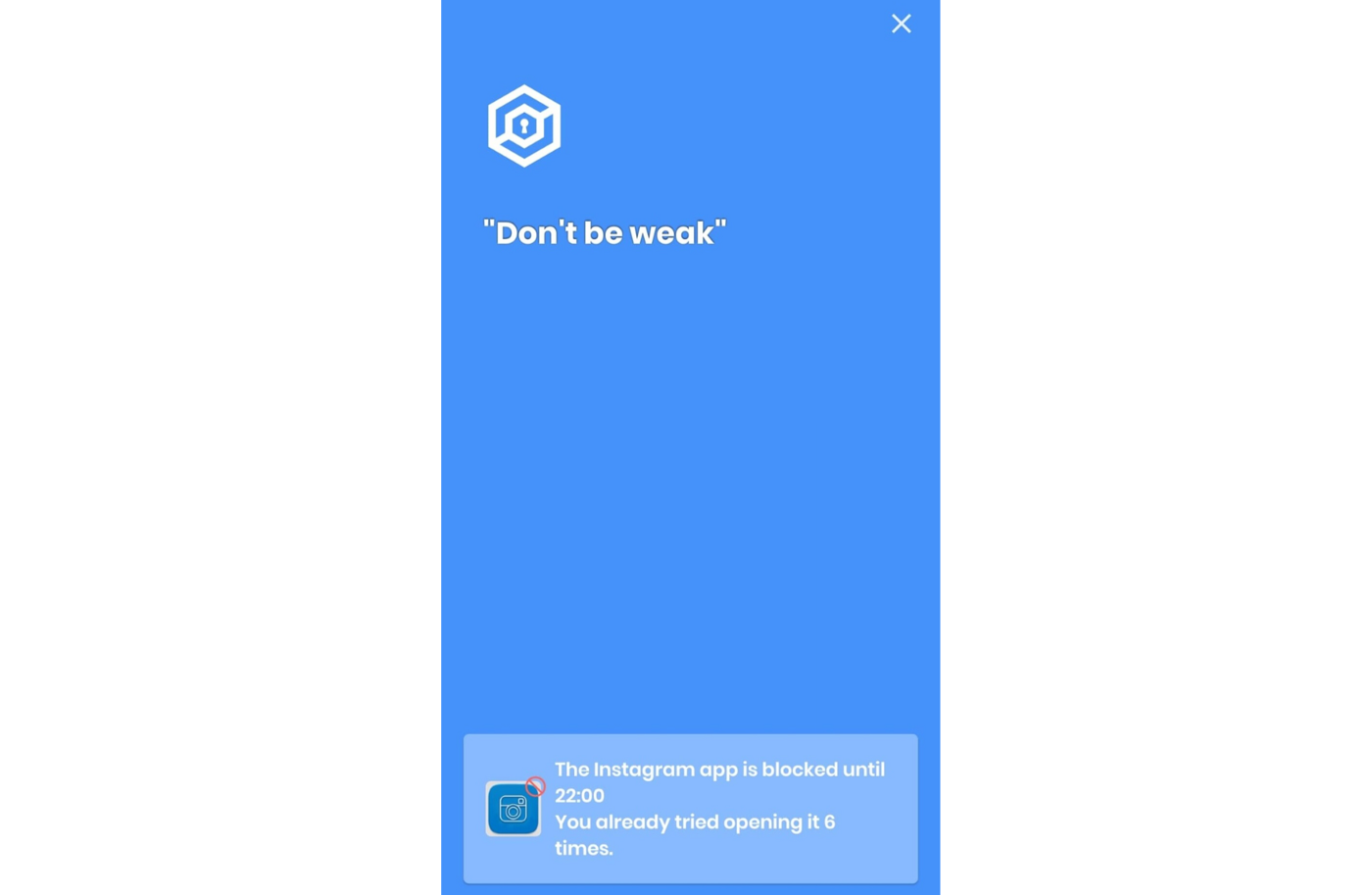Why behavior-changing apps don’t work | by Michael Chen | Technology Hits | Apr, 2022
And what is the solution
Apps for changing behaviors are rarely effective. Here are some examples:
Habit trackers don’t work for me because I’ll just stop tracking after a while because I’m lazy. Apps for limiting phone usage (or app limiters) don’t work either because I’ll just start ignoring the limit after a while. Reddit and Instagram are just too damn addicting.
I inevitably find myself saying “It’s just for today”. And that is never the case.
But I still kept trying new apps because I’m weirdly optimistic about technology. After many tries, I finally found one that did work — except the reason it worked probably wasn’t what the developers intended.
This app is a generic usage limiter that lets me set a time when a certain app can be used. For example, I can specify that Instagram can only be used between 7–9 pm. If I try to open the app outside of the specified range, a popup window with a message will cover the screen, preventing me from using Instagram.
Sounds simple enough. But what worked was the popup message—I can create a custom one. I realized I needed something to remind myself: I’ve got goals to work towards. So get your shit together and don’t let Instagram control your life.
So this is the popup message I wrote for myself —
Don’t be weak
And it worked wonderfully. Every time I instinctively open Instagram out of boredom, this message beautifully guilt-trips me into closing the app, enforcing my intended behavior — to only use Instagram at certain times.

Because this custom message appealed to me. Hitting my goals is an important part of my identity (for better or worse), and a harsh message jolts me awake.
Social media is addictive for the same reason. They show you content based on what you’ve enjoyed in the past. In other words, your feed is tailored specifically to your taste; and your feed will look different from your friend’s feed.
This is exactly why most behavior-changing apps lose out to social media apps. App limiters are perfectly good at their intended purpose of blocking apps and showing usage statistics — and the same can be said about other types of apps for adjusting behaviors.
But these apps don’t attract you. They look and feel robotic, so using them feels like a chore. If social media apps are Victoria’s Secret models, then app limiters are middle-aged schoolteachers who nag at you to finish your homework.
It’s no wonder these well-intentioned apps don’t work.
Let’s use app limiters as an example again. Some people respond well to aggressive reminders; some respond well to encouraging and motivational messages; others do things based on convenience (so making social media apps difficult to access works well for them).
So for these apps to work, they need to be personalized to what makes each user tick.
If done well, we can beat social media apps (and other addictive technologies) at their own game. While they have the advantage of a mountain of data, we have users on our side — people who download app limiters want to reduce their phone usage, and we just need to free them from the grip of manipulative tech giants.








Gloss